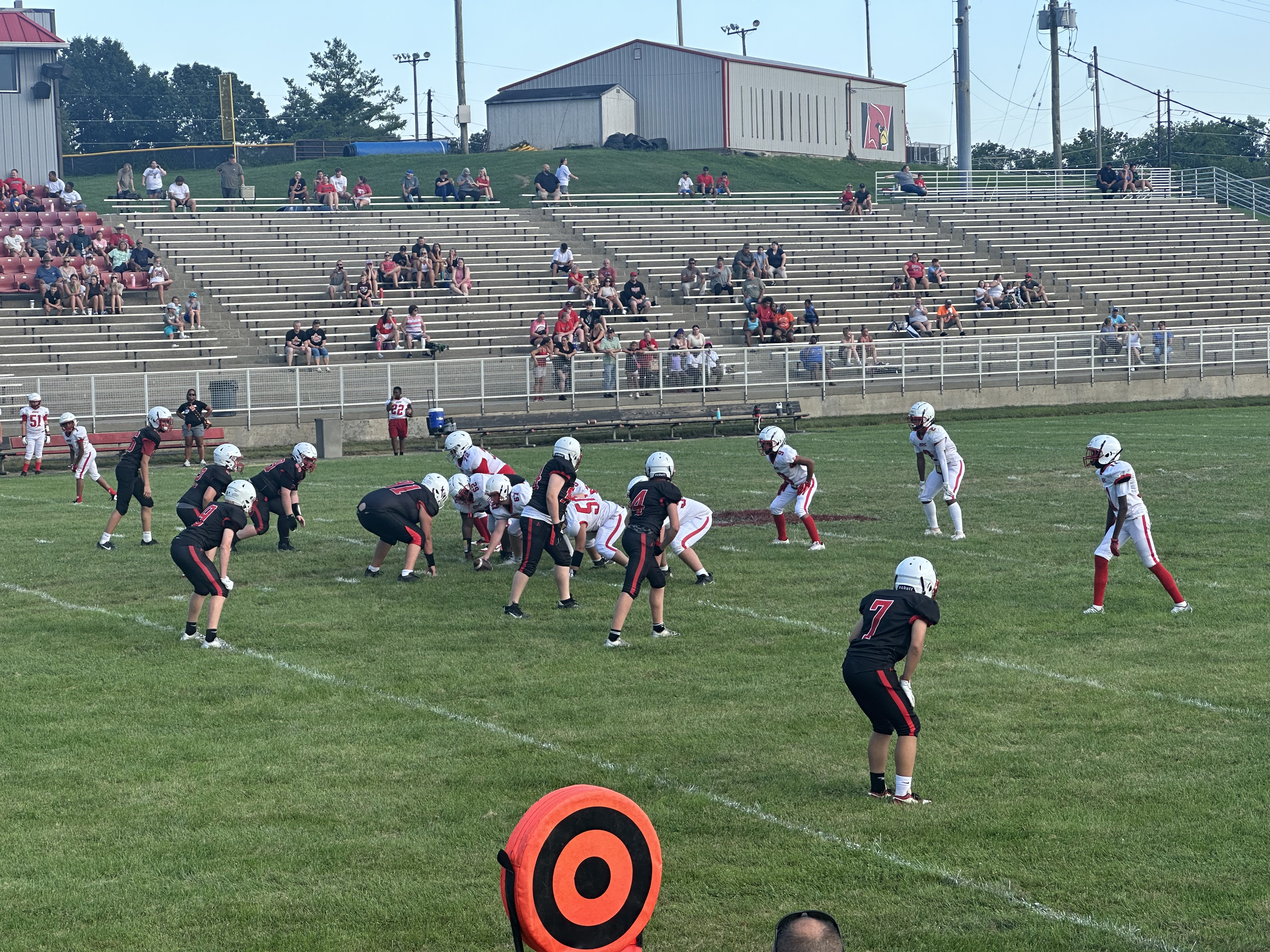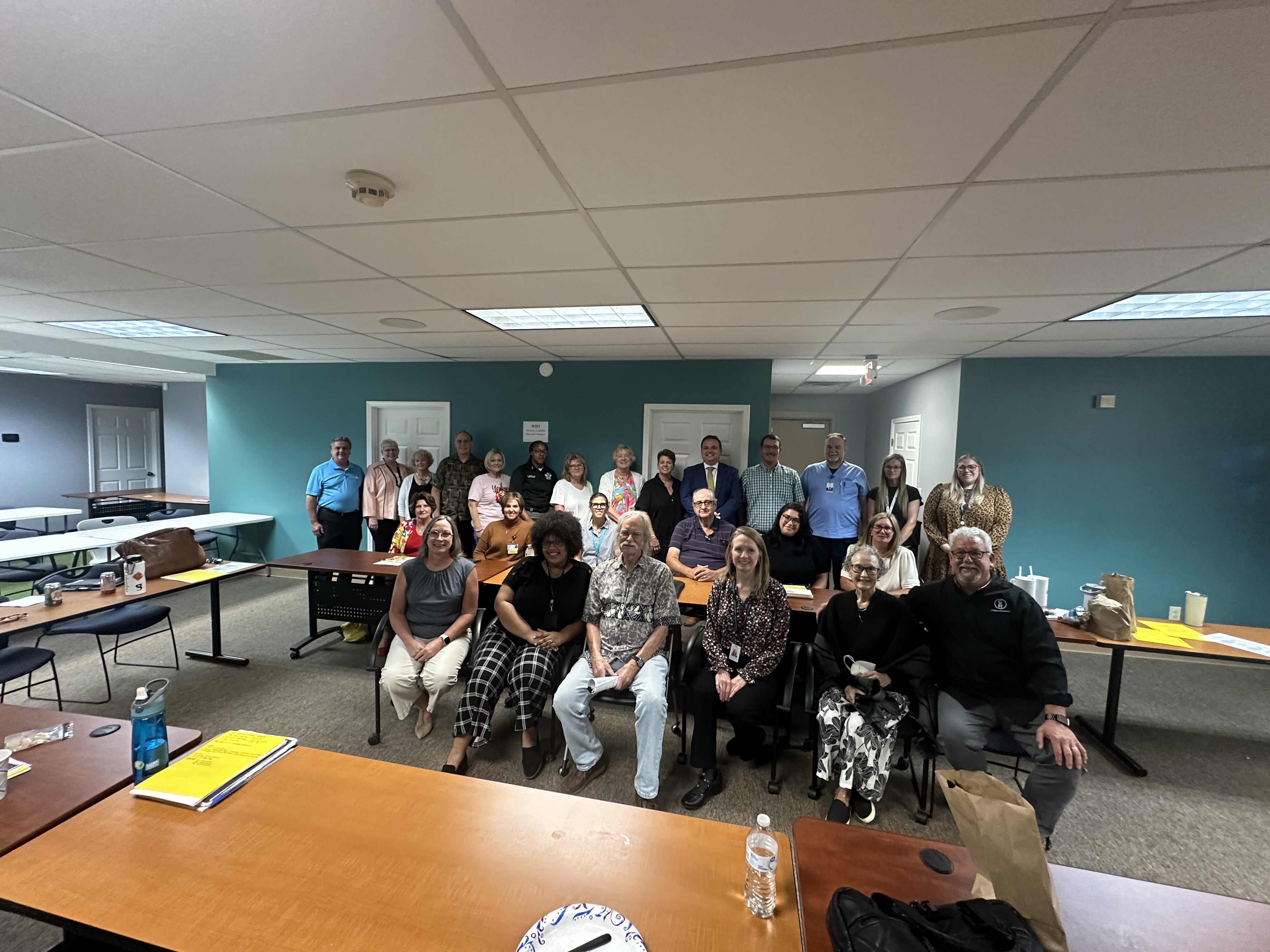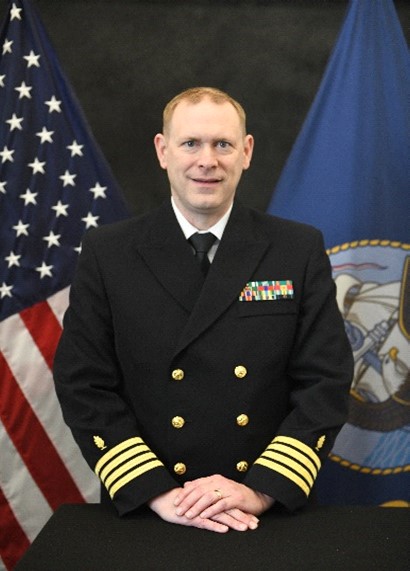MIND & BODY: Mental health involves many areas of wellbeing
Published 3:49 pm Thursday, October 8, 2020
|
Getting your Trinity Audio player ready...
|
BY ANGELA BEREZNAK, Clark County Health Department
World Mental Health Day is celebrated annually on Oct. 10.
Trending
World Mental Health Day was observed for the first time on Oct. 10, 1992. It was started as an annual activity of the World Federation for Mental Health by the then Deputy Secretary General Richard Hunter.
Mental health includes our emotional, psychological and social wellbeing. It affects how we think, feel and act. It also helps determine how we handle stress, relate to others and make choices.
Mental health is important at every stage of life, from childhood and adolescence through adulthood.
Positive mental health allows people to realize their full potential, positively cope with the stressors of life, work productively and make meaningful contributions to their communities and their personal lives.
Ways to maintain positive mental health include seeking help when you need it — this can include professional counseling, connecting with others (phone calls, video conferencing, social distancing while communicating in person, writing letters; looking for the positive aspects in life, helping others, taking time to yourself, getting enough sleep and developing positive coping skills.
Over the course of your life, if you experience mental health problems, your thinking, mood and behavior could be affected.
Trending
Many factors contribute to mental health problems, including:
— Biological factors, such as genes or brain chemistry
— Life experiences, such as trauma or abuse
— Family history of mental health problems.
There are signs and cues that may indicate a disruption in mental health. If you recognize changes in someone else’s typical behavior, reach out to that person and let them know you care.
Reach out for support for yourself or someone else when the following are present:
— Eating or sleeping too much or too little
— Pulling away from people and usual activities
— Having low or no energy
— Feeling numb or like nothing matters
— Having unexplained aches and pains
— Feeling helpless or hopeless
— Smoking, drinking or using drugs more than usual
— Feeling unusually confused, forgetful, on edge, angry, upset, worried, or scared
— Yelling or fighting with family and friends
— Experiencing severe mood swings that cause problems in relationships
— Having persistent thoughts and memories you can’t get out of your head
— Hearing voices or believing things that are not true
— Thinking of harming yourself or others
— Inability to perform, daily tasks.
If you or someone else is experiencing thoughts or harm toward yourself, contact the National Suicide Prevention Line at 800-273-8255, text HOME to 741741 or call 911.
The Clark County Mental Health Task Force created the Mental Health and Substance Misuse Community Resource Guide which has resources for mental health, substance use, housing, food and numerous other supports. You can access the Resource Guide at www.clarkhealthdept.org under the tabs community education and community resources.
The Clark County Health Department offers Question, Persuade, Refer (QPR) which is a 90-minute suicide-prevention training. This training is offered through the QPR Institute and focuses on educating about behavioral and situational signs and cues of suicidal behavior and how to support someone in a crisis and non-crisis situation. There is no cost for this training.
The Health Department also offers a six-hour Youth Mental Health First Aid training.
Mental Health First Aid is offered through the National Council for Behavioral Health. This training focuses on teaches adults how to recognize mental health issues in adolescents (10 to 25 years old). Other topics included are bullying and suicide awareness. YMHFA has been adapted to a virtual format, which includes a two-hour self-passed course and a four-hour Zoom training.
Clark County Health Department provides programs for the entire family, including WIC, HANDS, family planning and well-child care/immunizations. For more information, call 859-744-4482 or visit www.clarkhealthdept.org.






